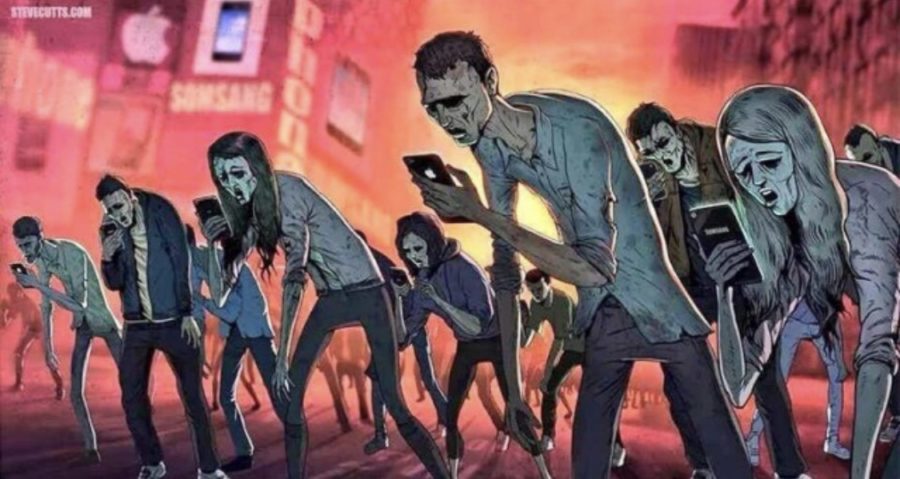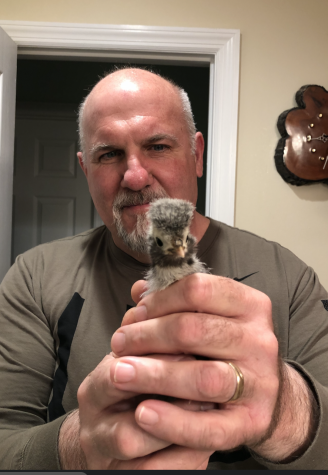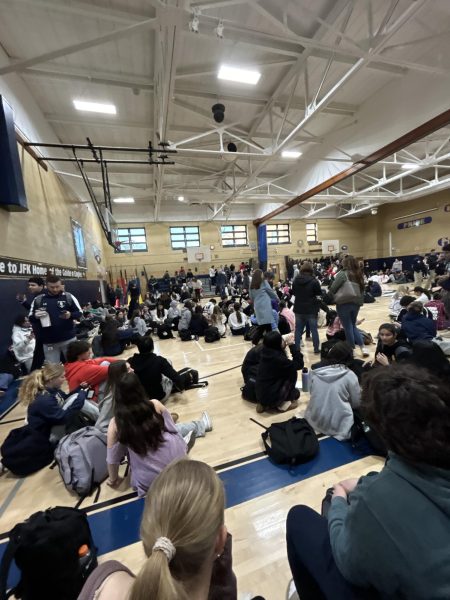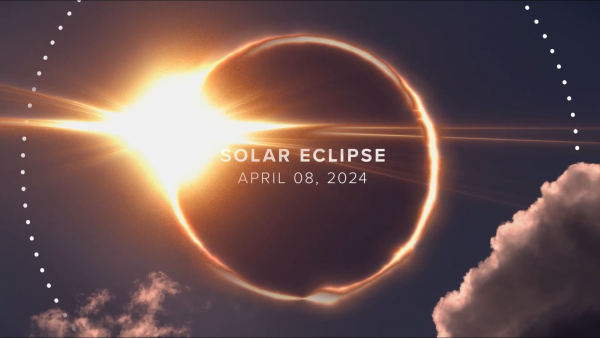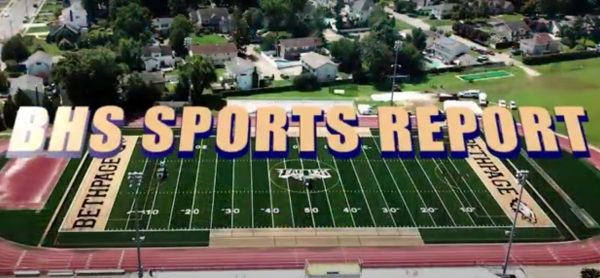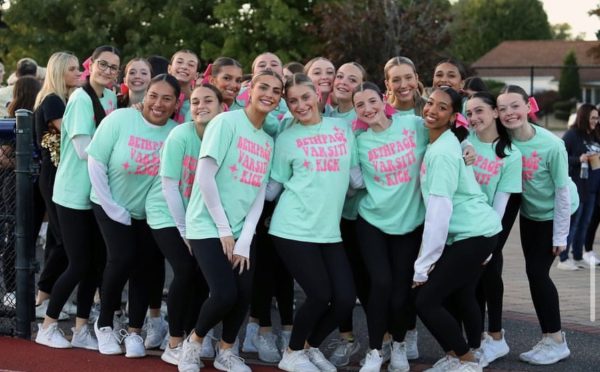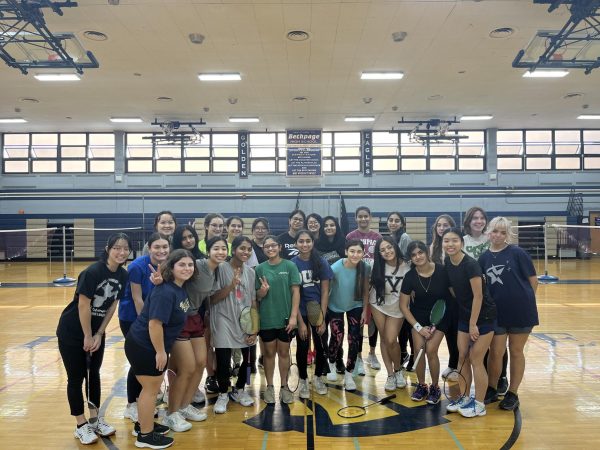Generation Z Invades BHS
Now we—GenZed, iGeneration, Post- Millennials, Philanthro-Teens, the Homeland Generation, Generation Plurals, Generation Delta, call us what you want—are in school, but before we know it, we will have a massive weight crushing down upon our shoulders… The future. Every student currently attending Bethpage is part of “Generation Z,” born between 1995-2010. We are referred to by many different names and labels, but how do we define ourselves? Who do we think we are? And also, how does society see us?
According to a statistic from Vision Critical, 88% of Generation Z’s are “optimistic about their future,” 76% are “concerned about humanity’s impact on the planet,” and 60% “want their jobs to impact the world.”
However, here’s where the bright side ends…unfortunately, only 34% feel “confident,” and 42% are “happy.” In addition, the average attention span of individuals from Generation Z is eight seconds; we spend an average of 7.6 hours on social media, and about 79% of us “demonstrate emotional distress when kept away from our electronic devices.”
What does all this mean? Putting statistics aside, how do we personally perceive our generation?
According to Victoria Geraci, a sophomore at Bethpage High School, “We rock!”
Alongside this eloquent response, Victoria also feels that even though other generations might perceive us as “the young, annoying bratty kids,” she isn’t disappointed in our generation: because although we might have a bad reputation, “we are not bad people.” Perhaps our generation is simply more aware of how society judges us, but does that affect the way we see ourselves?
In some cases, it does. Ashley Hagan, a senior, said that if she had a choice, she would, “…rather be born in the 80’s or 90’s, because there was less technology and people were going out more, the attitude was different, and so was day-to-day stuff. This is why our generation loves the show Friends—no technology, just friends sitting around a coffee shop, joking and loving life.” Ashley stressed that we are, “successful because we’ve come so far” we are also self-conscious: “everyone is worried about what everyone else thinks.”
Some stereotypes commonly associated with Generation Z are teens addicted to their phones who can’t amount to anything. But every generation is different. We are the first generation born ensconced in technology. That may be one challenging factor for previous generations to understand. Gen Z grew up in a different environment with different standards, problems, goals, and perspectives. The development and diversity of our generation is perhaps exotic and unfamiliar to previous generations.
Mr. Benjamin, a guidance counselor here at BHS, said, “It’s different now. Parents are more involved in this generation, providing more protection. However, it’s hard for parents from previous generations to grasp what issues will come along that kids have to face.”
Our parents and past generations didn’t have technology the way that we do, so they “never faced cyberbullying”, or the constant concept to “share everything you do because otherwise, it didn’t happen.” However, Mr. Benjamin claimed that just because Gen-Z’ers have gone through different experiences doesn’t mean those experiences put us at a disadvantage. In addition, he said, “Generation Z is perceived as very soft and addicted to phones,” however he claims this stereotype isn’t necessarily true. As a guidance counselor, he has had first-hand experience with day-to-day situations and sees how our generation advances and thrives. He said, “Gen-Z’ers are very optimistic and seem confident about their futures.”
Up to now, no generation has been perfect, not even the “Greatest Generation” born during the 1920’s. However, personally, I feel that we have the ability to challenge any previous generation’s standard. Therefore, in order to do so, we shouldn’t sell ourselves short, because we have the capability and opportunities to change the world now more than ever before.
Get ready: in a couple of years, the sides will switch, and we will be an older generation welcoming—or maybe even hypocritically criticizing—the newest generation.
Anastasija Petrovska, often referred to as Ana, is a sophomore at Bethpage. She is Macedonian, born and raised in Queens, and moved to Long Island a year...

